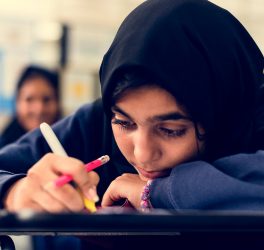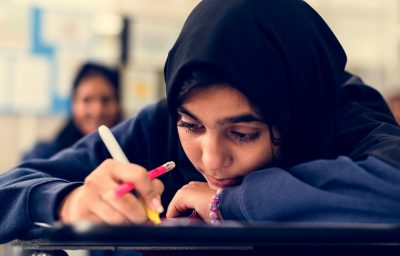
The World Bank’s Board of Directors approved a €66.3 million loan on July 29 to support Serbia’s Inclusive Primary Education Improvement Project. The initiative aims to enhance learning conditions across the country by investing in more inclusive schools and modernizing the national curriculum.
The goal of the project is to directly benefit a quarter of a million of primary-level students — including those in rural areas, Roma students, and students with disabilities, as well as at least 20,000 teachers. It will focus on improving school infrastructure, especially in disadvantaged areas with low-income families and ethnic minorities, as well as in municipalities prone to flooding or extreme heat.
“Serbia has made notable progress in human development, advancing to the highest level in the Western Balkans in just one decade, but there are still gaps to be bridged with European standards,” said Nicola Pontara, World Bank Country Manager for Serbia. “With this project, we wish to support efforts to design inclusive learning environments where the children of Serbia can thrive and catch up with their peers in Europe.’’
The Serbian authorities plan to implement a gradual transition for schools to adopt a new Whole Day School model as part of the project. This innovative approach aims to extend learning and teaching time, which currently falls short of the European Union average, and to equip students with key competencies for lifelong learning. The approach emphasizes a combination of inclusive, energy-efficient, healthy, and learning-centered infrastructure, along with enhanced curricular and extracurricular activities. Additionally, it places a stronger focus on children’ mental well-being.






